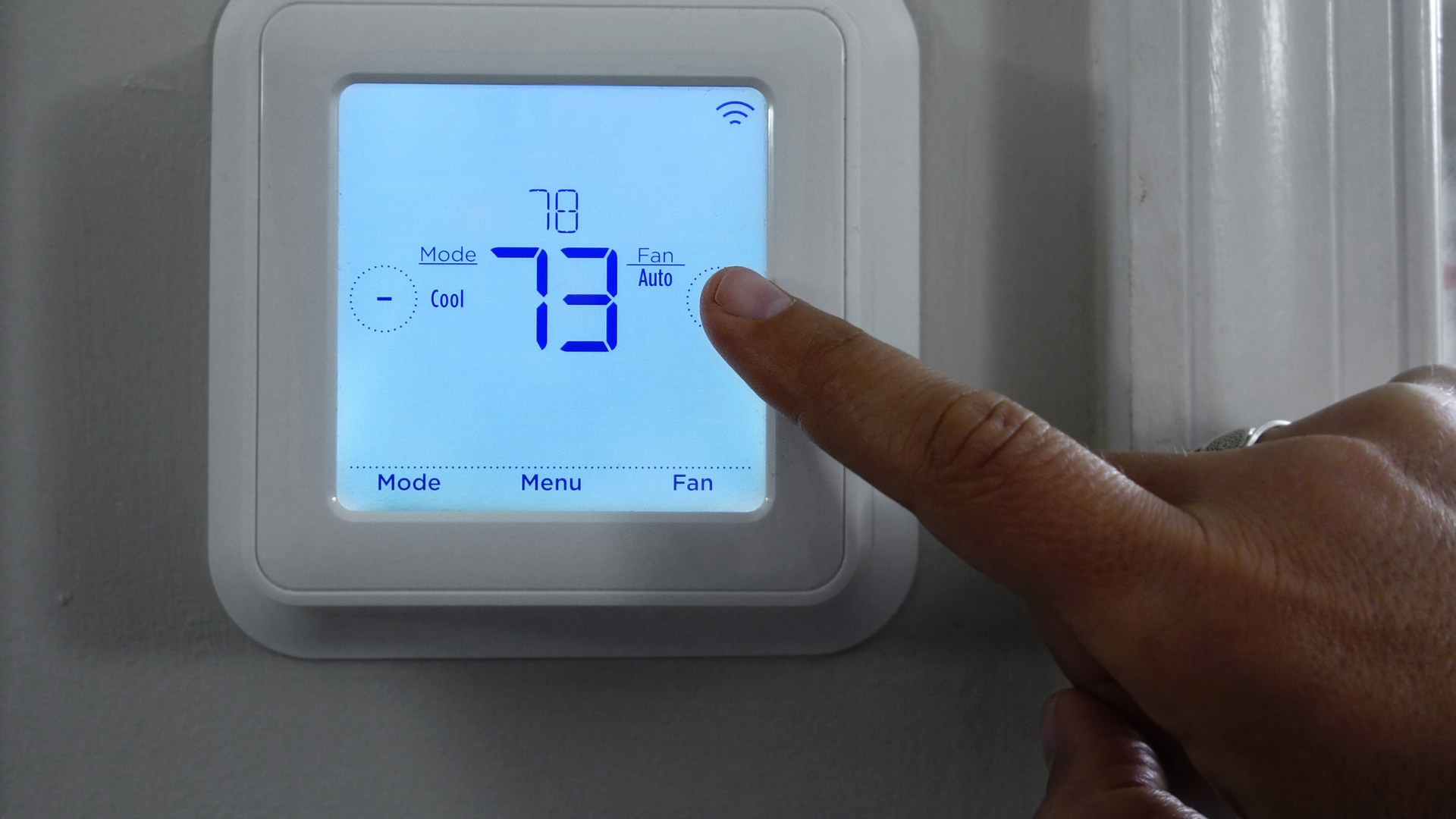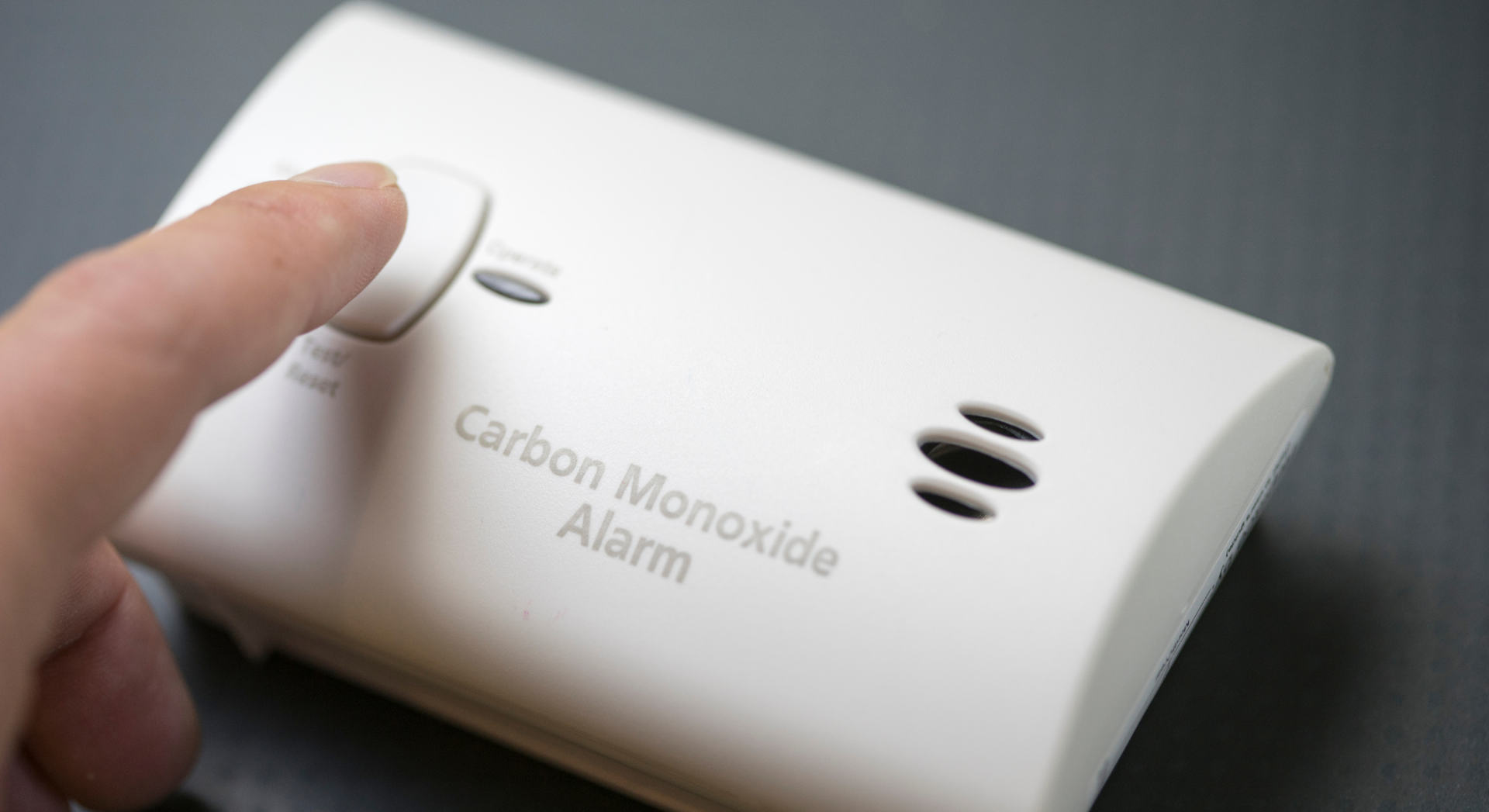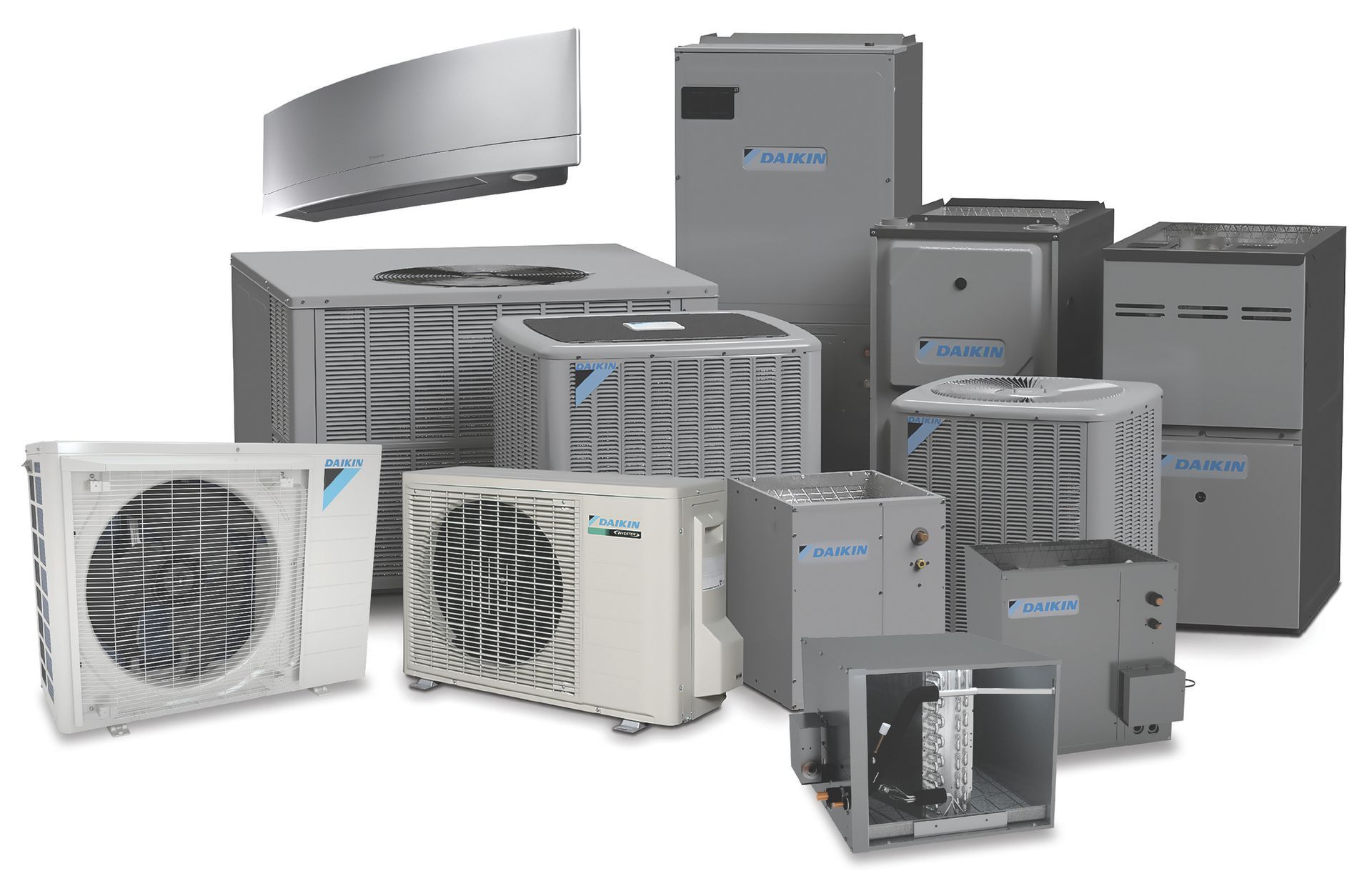How to Truly Compare Home Service Quotes
Beyond the Price Tag: How to Truly Compare Home Service Quotes

You've done the smart thing: you've gathered multiple quotes for your home service project, whether it's a new HVAC system, a roof repair, or a major renovation. Now, you have a stack of paperwork with varying prices, brands, and fine print. Your first instinct might be to simply pick the lowest number, but doing so is a common mistake that can cost you far more in the long run.
The secret to making the most informed decision? You must compare those contractor quotes on a true "apples-to-apples" level.
Here is your essential guide to digging past the bottom line and evaluating your options fairly.
1. Match the Product and Equipment Specifications
In many home services, particularly with equipment installations like heating and cooling, the quote is heavily determined by the components being used. A low-cost quote is often a sign of lower-quality or less efficient equipment.
What to Look For:
- Brand and Tier: Most manufacturers offer "good," "better," and "best" levels of products. It is not a fair comparison to pit one company's "better" offering against another company's "best" one. Ensure the quotes are for similar tiers of quality and expected lifespan.
- Size and Ratings: While model numbers can be overwhelming, the key performance metrics are crucial. For HVAC, this includes:
- Tonnage (or BTU): The cooling or heating capacity. This must be appropriately sized for your home—too big is just as bad as too small!
- SEER, SEER2, or EER: These are energy efficiency ratings. A higher rating means lower utility bills for you over the equipment's life, and therefore a higher initial cost.
- Material Quality: For roofing, siding, or plumbing, check the grade and expected durability of the shingles, pipes, or fixtures being quoted.
2. Scrutinize the Scope of Work and Inclusions
What exactly is the contractor promising to deliver for the listed price? A quote that is thousands lower than the others might just be leaving out a necessary step or component that you'll have to pay for later.
Ask Yourself These Critical Questions:
- Are Electrical Connections Included? For a new furnace or water heater, one contractor might include all necessary electrical wiring and permitting, while another assumes you will hire a separate electrician—a surprise cost you didn’t budget for.
- Is Cleanup/Disposal Covered? Does the quote explicitly state the removal and disposal of old equipment or debris?
- Are Accessories Included? Things like a new smart thermostat, a whole-house filter, or upgraded vents may be an included feature in one quote and an expensive add-on in another.
- What About Permits and Inspections? A professional quote should account for all local permits and required inspections to ensure the work is up to code.
3. Compare Warranties: Parts vs. Labor
A warranty is your peace of mind, and better coverage will logically increase the upfront cost. Don't assume all "10-year warranties" are the same. Warranties are typically split into two parts:
Parts and Equipment
It typically covers the physical components (manufacturer's warranty). Key Questions to Ask: Does it require regular, documented maintenance to stay valid?
Labor or Workmanship
This typically covers the contractor's installation and repair work. Key Questions to Ask: How long is it for? Are there any things that I must do to keep it active? Are there any things that may void the warranty? Remember longer is better, but longer may also be more expensive.
A contractor that offers a longer labor warranty (say, 5 years instead of 1 year) is demonstrating confidence in the quality of their installation, and that level of assurance is valuable.
4. Evaluate Reputation and After-Sale Service
A quote is not just about material and installation; it's about buying a relationship with a company that you trust will stand behind its work.
- Reputation Matters: A well-established company with a strong local reputation often charges more because of its proven expertise, professionalism, and guarantee that they will be around for years to honor the warranty. Check online reviews, licensing, and years in business.
- Service After the Sale: Does one company offer a free maintenance check-up in the first year? Do they include a service agreement that provides discounted repairs? This immediate post-sale service can save you money and headaches down the road.
The Takeaway
When you find a quote that is a massive outlier—either extremely high or suspiciously low—stop and ask for a line-by-line explanation. A transparent contractor will be happy to walk you through exactly what they are including and why their price differs.
By taking the time to match specifications, compare inclusions, and weigh the value of a solid reputation and warranty, you move from simply choosing the cheapest price to choosing the best overall value for your home and your peace of mind.
Click Another Article to Read More










